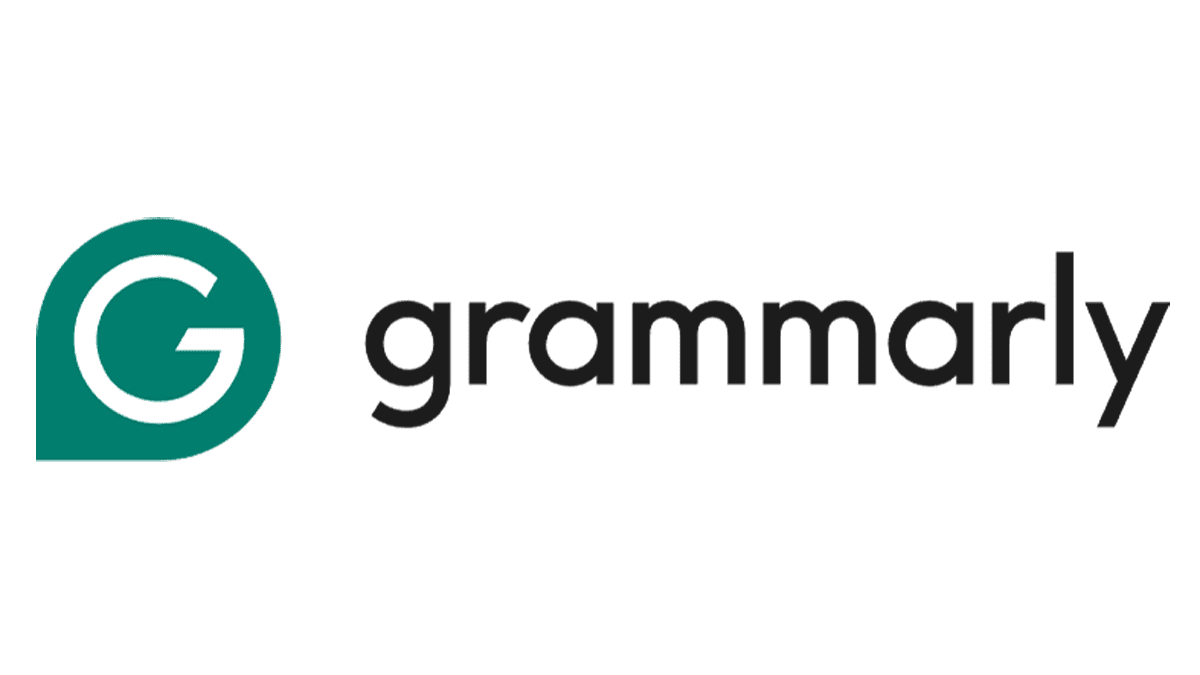Analisis Pengaruh Organizational Capital terhadap Tingkat Penghindaran Pajak Perusahaan Pertambangan yang Terdaftar di Bursa Efek Indonesia
DOI:
https://doi.org/10.29080/jai.v10i1.1594Keywords:
Organizational Capital, Tax Avoidance, Tax Management, Tax ComplianceAbstract
This study aims to analyze the effect of organizational capital on corporate tax avoidance. The population of this study are mining companies listed on the Indonesia Stock Exchange in the 2012-2021 periods. Using panel data regression with the common effect model, the results of the study found that organizational capital has a negative and significant effect on corporate tax payments. In other words, high organizational capital can increase corporate tax avoidance. Companies that are able to manage organizational capital properly will be able to create organizational efficiency, one of which is through tax management that the company will choose. This study confirms previous findings that organizational capital creates organizational innovation and organizational learning abilities in related to tax avoidance. This study also strengthens the previous findings that companies with high organizational capital have a greater chance of tax avoidance. The research has implications for the company's internal policy as a taxpayer to increase its organizational capital so that it can have an effective management. On the other hand, the tax authorities can make policies that support the creation of compliant taxpayers and ethical corporate tax management.
Downloads
References
Ahsan, M., Al-Azhar, M. F. (2019). "Efektivitas Manajemen Risiko Pembiayaan di BNI Syariah Cabang Surabaya dalam Pengendalian Pembiayaan Bermasalah". Jurnal Mids: Manajemen Ide dan Inspirasi, 6 (1). https://journal3.uin-alauddin.ac.id/index.php/minds/article/view/7964
Al-Dujaili, M. A. A. 2012. Influence of intellectual capital in the organizationalInnovation. International Journal of Innovation, Management and Technology 3 (2):128.
Aribowo, I., and D. Irawan. 2021. Menarik investasi ke Indonesia dengan tax holiday. Jurnal Pajak Dan Keuangan Negara (PKN) 2 (2):135-141.
Badertscher, B. A., S. P. Katz, and S. O. Rego. 2013. The separation of ownership and control and corporate tax avoidance. Journal of accounting and economics 56 (2-3):228-250.
Bennedsen, M., and S. Zeume. 2018. Corporate tax havens and transparency. The Review of Financial Studies 31 (4):1221-1264.
Dess, G. G., and J. C. Picken. 1999. Beyond Productivity: How Leading Companies Achieve Superior Performance by Leveraging Their Human Capital. New York: AMACOM.
Duan, T., R. Ding, W. Hou, and J. Z. Zhang. 2018. The burden of attention: CEO publicity and tax avoidance. Journal of Business Research 87:90-101.
Dyreng, S. D., and B. P. Lindsey. 2009. Using financial accounting data to examine the effect of foreign operations located in tax havens and other countries on US multinational firms' tax rates. Journal of Accounting Research 47 (5):1283-1316.
Eisfeldt, A. L., and D. Papanikolaou. 2014. The value and ownership of intangible capital. American Economic Review 104 (5):189-194.
Flagmeier, V., J. Müller, and C. Sureth-Sloane. 2023. When do firms highlight their effective tax rate? Accounting and Business Research 53 (1):1-37.
Gallemore, J., and E. Labro. 2015. The importance of the internal information environment for tax avoidance. Journal of accounting and economics 60 (1):149-167.
Haile, E. A., and V. L. Tüzüner. 2022. Organizational learning capability and its impact on organizational innovation. Asia Pacific Journal of Innovation and Entrepreneurship 16 (1):69-85.
Hanlon, M., E. L. Maydew, and D. Saavedra. 2017. The taxman cometh: Does tax uncertainty affect corporate cash holdings? Review of Accounting Studies 22:1198-1228.
Hasan, M. M., G. J. Lobo, and B. Qiu. 2021. Organizational capital, corporate tax avoidance, and firm value. Journal of Corporate Finance 70:102050.
Kirwa, T., and V. Ngeno. 2020. Organizational capital and financial performance; What is the mediation effect of firm innovation: Evidence from insurance firms in Kenya. Journal of Accounting, Business and Finance Research 8 (2):72-78.
Kurniasih, T., R. Sari, and M. Maria. 2013. Pengaruh return on assets, leverage, corporate governance, ukuran perusahaan dan kompensasi rugi fiskal pada tax avoidance. Buletin studi ekonomi 18 (1):44276.
Lev, B., and S. Radhakrishnan. 2005. The valuation of organization capital. Measuring capital in the new economy 65:403-472.
McGuire, S. T., T. C. Omer, and D. Wang. 2012. Tax avoidance: Does tax-specific industry expertise make a difference? The accounting review 87 (3):975-1003.
Nawangsari, A. T., Junjunan, M. I., Fitrianto, A. R. 2021. "Performance Index And Operating Ratio: Effects Islamic On Sharia Profitability In Indonesia", JRAK: Jurnal Riset Akuntansi Kontemporer, Vol. 14 (2). https://journal.unpas.ac.id/index.php/jrak/article/view/5230
Nawangsari, A. T., Junjunan, M. I., Buchori, I. (2021). "Pengungkapan Corporate Social Responsibility Selama Pandemi COVID-19 di Indonesia". Jurnal Akuntansi dan Bisnis, 21 (2). https://jab.fe.uns.ac.id/index.php/jab/article/view/685.
Peters, R. H., and L. A. Taylor. 2017. Intangible capital and the investment-q relation. Journal of Financial Economics 123 (2):251-272.
Phillips, J. D. 2003. Corporate tax‐planning effectiveness: The role of compensation‐based incentives. The accounting review 78 (3):847-874.
Pohan, C. A. 2016. Manajemen Perpajakan: Strategi Perencanaan Pajak dan Bisnis. Jakarta: Gramedia Pustaka Utama.
Puspita, D., and M. Febrianti. 2017. Faktor-faktor yang memengaruhi penghindaran pajak pada perusahaan manufaktur di bursa efek Indonesia. Jurnal bisnis dan akuntansi 19 (1):38-46.
Rego, S. O. 2003. Tax‐avoidance activities of US multinational corporations. Contemporary Accounting Research 20 (4):805-833.
Saputra, M., N. Nadirsyah, and H. Hanifah. 2017. The influence of ownership structures, financial distress, and tax loss carry forward on tax avoidance (Study on manufacturing company listed in Indonesia Stock Exchange). Journal of Resources Development and Management 31 (1):21-31.
Saragih, A. H., and A. Hendrawan. 2021. The moderating role of firm size on the association between managerial ability and tax avoidance. Jurnal ASET (Akuntansi Riset 13 (1).
Scholes, M. S., M. A. Wolfson, M. Erickson, E. Maydew, and T. Shevlin. 2014. Taxes and business strategy: Prentice Hall Upper Saddle River, NJ.
Suandy, E. 2011. Tax Planning. Jakarta: Salemba Empat.
Tomer, J. F. 1987. Organizational Capital: The Path to Higher Productivity and Well-being. Connecticut, US: Praeger Publisher.
Tronconi, C., and G. V. Marzetti. 2011. Organization capital and firm performance. Empirical evidence for European firms. Economics Letters 112 (2):141-143.
Wang, M.-S., and S.-T. Lu. 2017. Can organisation capital improve corporate performance through direct path or mediating effect surveillance of board function: evidence from Taiwan? Technological and Economic Development of Economy 23 (2):339-374.
Yulianty, A., M. E. Khrisnatika, S. Amrie Firmansyah, and M. A. MM. 2021. Penghindaran pajak pada perusahaan pertambangan di indonesia: profitabilitas, tata kelola perusahaan, intensitas persediaan, leverage. Jurnal Pajak Indonesia (Indonesian Tax Review) 5 (1).
Zhang, X. 2014. Who bears firm-level risk? implications for cash flow volatility. Paper read at 2014 Meeting Papers.
Downloads
Published
How to Cite
Issue
Section
License
Copyright (c) 2024 Slamet Tri Prastyo, siti nuryanah

This work is licensed under a Creative Commons Attribution-ShareAlike 4.0 International License.







